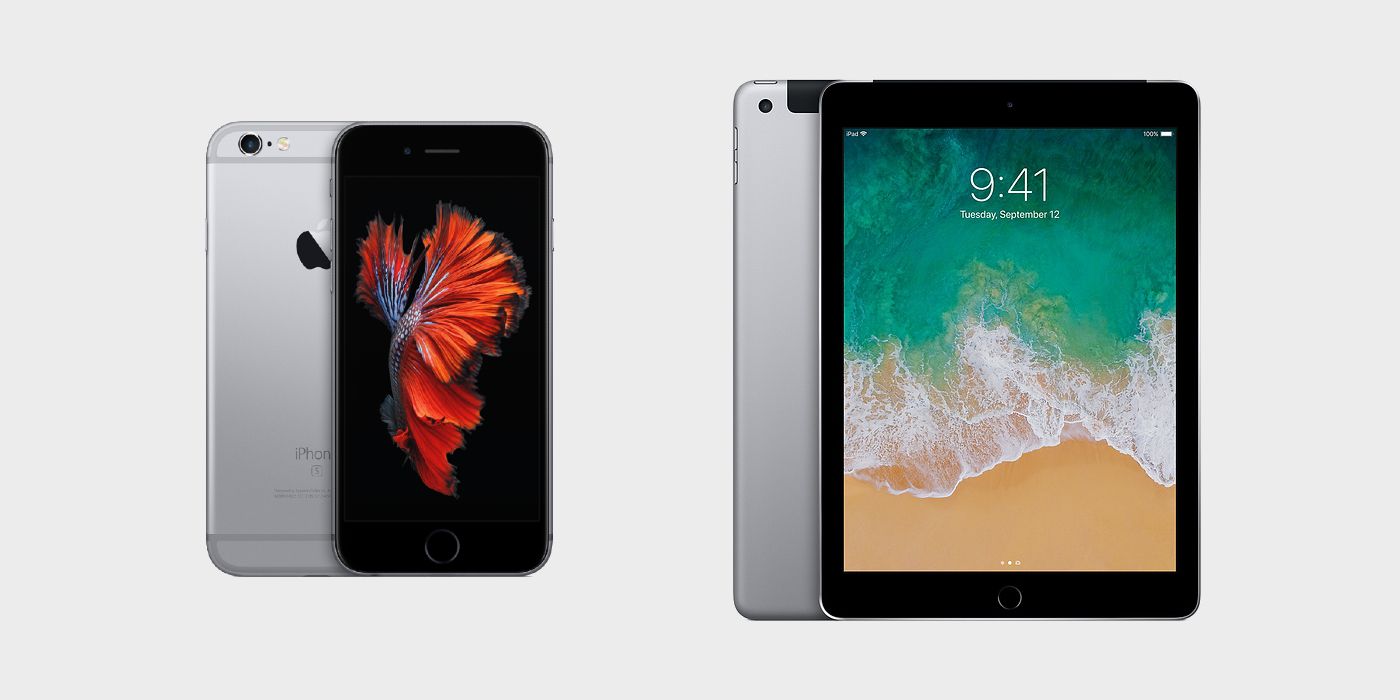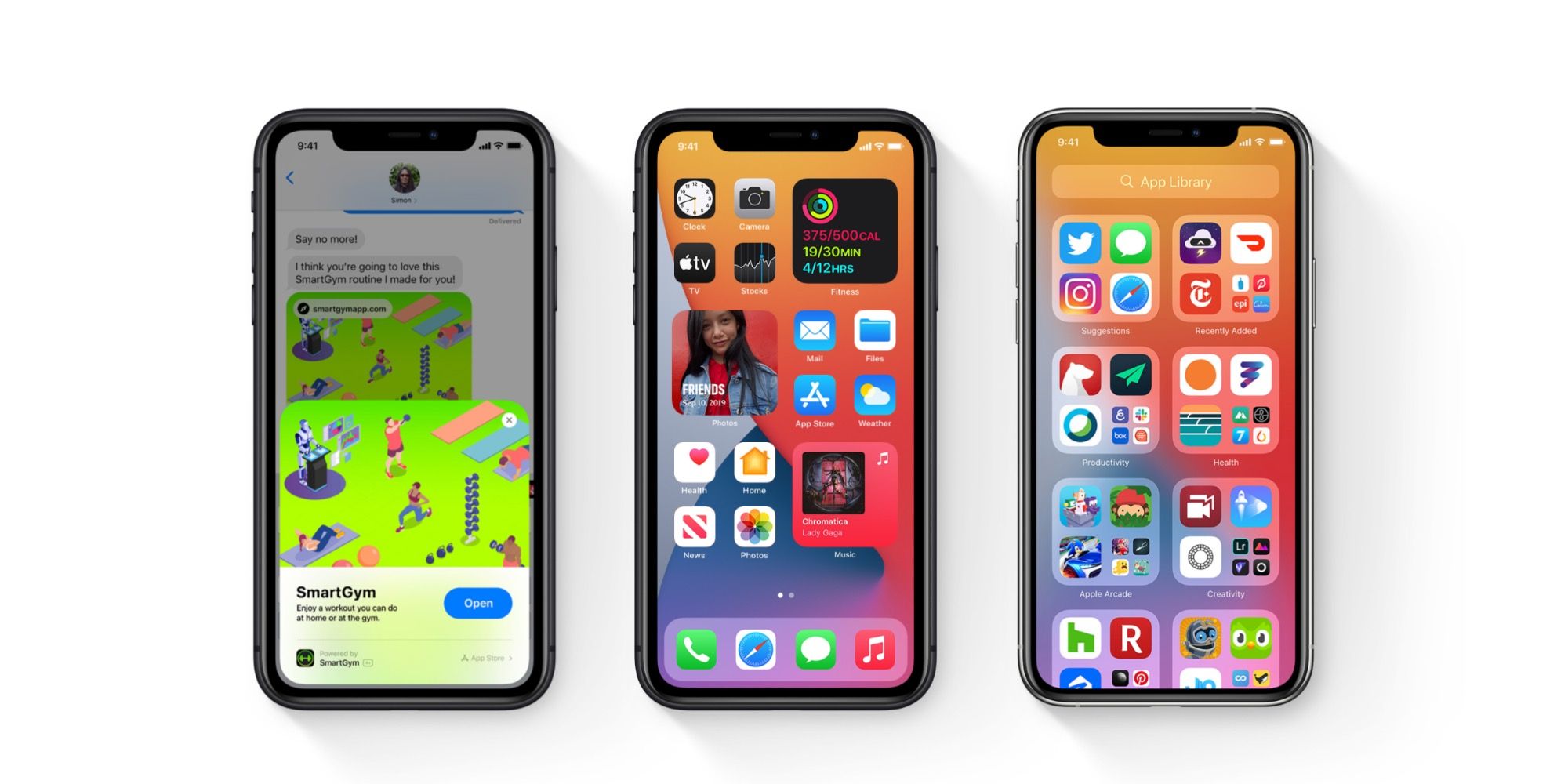Apple will release iOS 15 at its Worldwide Developers Conference (WWDC) later this year, but it sounds like not all existing iPhones will make the cut for compatibility. A report suggests that devices running on Apple's A9 chip or earlier will not be able to download the newest version of its operating system. That includes the iPhone 6S and some other iPhone and iPad models.
Apple is well thought of where support for older devices is concerned. Its closed ecosystem means it is able to completely control what devices receive what updates and to ensure that devices receive as many updates as is feasible to ensure their longevity. Of course, the steady march of technological progress means that, eventually, older devices simply aren't capable of running the newest software adequately. When iOS 14 was launched, it supported all of the same devices that were able to run iOS 13. That meant support for devices that were up to six years old, which is meritable in relation to the competition and was a money saver for those putting off an upgrade.
Now, though, it sounds like Apple's moratorium on dropping support for the oldest iOS-compatible models is coming to an end. Citing "a developer friend at Apple," iPhoneSoft reports that the iPhone 6s, the iPhone 6s Plus, and the iPhone SE 2016 will not be able to download iOS 15. These were all launched in 2015 and 2016 and all run on the A9 chip. iPhoneSoft says the A10 will be the minimum required chip for running iOS 15.
iOS 15: Other Devices Losing Support
In addition to the three iPhones losing support, it's said that three iPads that can run iOS 14 will also not be able to run iOS 15. These are the iPad Mini 4, iPad Air 2, iPad 5, released in 2015, 2014, and 2017, respectively. Like the iPhones that won't get iOS 15 support, the iPad 5 runs on Apple A9 chip, but the other two devices run on even earlier chips. The iPad Mini 4 runs on the A8, while the iPad Air 2 runs on the A8X. Of all the devices to not get iOS support, it's the iPad Air 2 that has eked out the longest iOS lifespan.
It should be noted that the devices losing support will continue to work on iOS 14 (or whatever version they are running) but they won't get any new feature updates and apps will gradually stop working over time as they too pull support for older iOS versions. Apple does roll out some security updates for older versions of iOS, but not indefinitely and the official line is that users should stay as up-to-date as possible to ensure security.
Source: iPhoneSoft


